In a world where information and values are shifting at lightning speed, have you ever paused and wondered, “What is my true self?” or “What am I living for?”
For me, the COVID-19 pandemic and the passing of my father profoundly reshaped my perspectives, values, and worldview. Looking back, perhaps the arrival of what’s called the ‘Age of Air’ also played a role in that transformation.
Today, I sense society’s values gradually shifting—from external achievements and titles toward inner well-being and authentic richness. We’re increasingly hearing terms like “mindfulness” and “meditation” even in professional settings. Leading global companies such as Google and Apple have notably embraced mindfulness, experiencing significant results.
Mindfulness isn’t a religious ritual but a moment to be present, to connect gently with our inner selves. At the same time, the concept of SBNR (Spiritual But Not Religious)—valuing spiritual sensibility without affiliating with organized religion—is quietly gaining momentum.
Perhaps now is the time to reclaim mental freedom and explore a way of living that truly reflects who you are.
In this article, I’ll focus on the global trend of SBNR and mindfulness and offer practical tips for living freely and gracefully in this new era.
What Is SBNR—Spiritual But Not Religious?
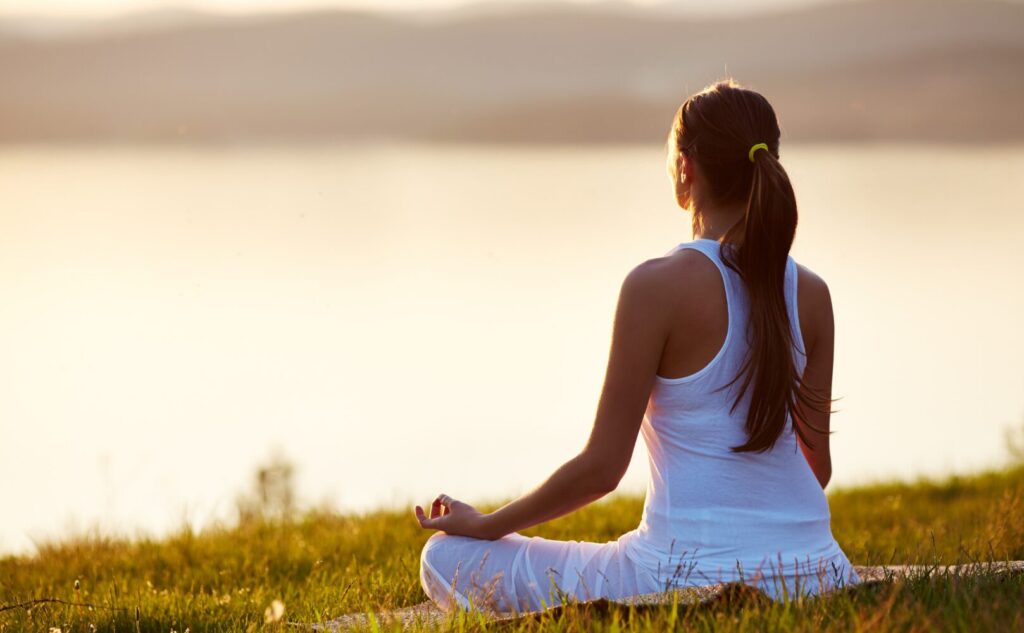
“SBNR” refers to people drawn to spirituality—like mindfulness and meditation—yet not affiliated with any specific religion. They might feel a connection to their soul, the universe, or unseen forces and choose how they express their beliefs without relying on doctrine or institutions.
They might enjoy yoga as a wellness practice, find calm in nature, or appreciate sacred spaces without fully embracing religious affiliation. In this way, practices like mindfulness—being fully present—capture the essence of SBNR spirituality.
Why is SBNR Gaining Momentum Now?

Recent American data from the Pew Research Center shows that as of 2023, roughly one in five Americans identifies as SBNR—a number that’s been gradually rising over the past decade, especially among younger generations.
This shift reflects an era in which people are seeking inner truth rather than external answers, and valuing personal intuition over predetermined “right” or “wrong” beliefs.
Common Characteristics Among SBNR Individuals
Typical characteristics of SBNR people include:
- Exploring spirituality at their own pace rather than regularly attending religious services
- Carving out “sacred time” through yoga, meditation, or time in nature
- Drawing from multiple religious or philosophical traditions without strict adherence
- Embracing both scientific thinking and spiritual sensibility without conflict
These resonate deeply with me. I’m drawn to spiritual exploration, yet wary of drifting into overly vague or ungrounded practices. I value diverse teachings, but I filter them through what truly aligns with me, rather than following a rigid path.
When I first came across the term ‘SBNR,’ it just clicked for me.
I believe the spread of this way of thinking is closely tied to the unique conditions of our era—the transition into the Age of Air.
The Age of Air: A Time to Believe Freely
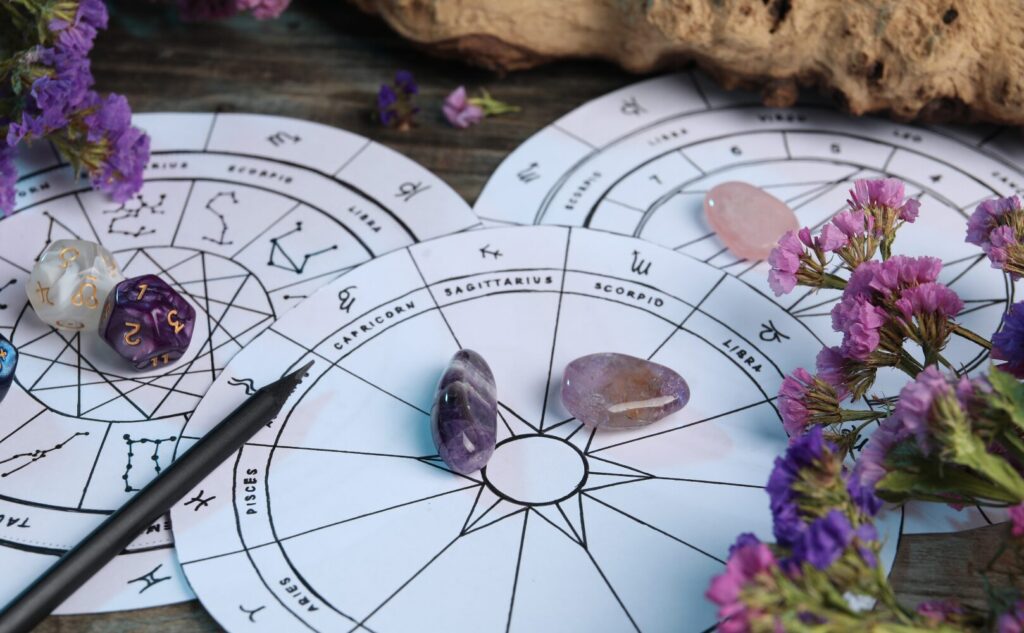
At the end of 2020, Western astrology marked a significant shift from the “Age of Earth” to the “Age of Air.” This transition symbolizes a move from materialism, titles, and institutional belonging toward valuing inner fulfillment, spiritual connection, and creative freedom.
This marks a major shift from an era that valued material possessions and social status to one that cherishes intangible values and spirituality.
The Difference in Values Between the Age of Earth and the Age of Air
| Age of Earth (Past) | Age of Air (Now) |
| Material wealth Social status and titles Organizational belonging Happiness through “having” | Spiritual fulfillment and intangible values Individual freedom and creativity Heart-to-heart connection and empathy Happiness through “being” |
We are shifting into an era where values emphasize living freely and authentically rather than owning a grand house, letting go of unnecessary possessions rather than accumulating more, and working in places that nurture our unique talents rather than climbing the corporate ladder at the same company.
This shift closely aligns with SBNR values.
- Trusting the feelings that truly resonate within your heart rather than following doctrines set by someone else.
- Valuing invisible connections over visible organizations.
- Seeking answers within yourself instead of always looking outside.
The very shape of faith is transforming—from one based on belonging, to one based on empathy, and ultimately toward a spirit of individual freedom.
That’s why, instead of clinging to a single ‘right answer’ or ‘how things should be,’ it’s becoming more natural to simply trust what feels genuine and comfortable to you.
My Journey as an SBNR
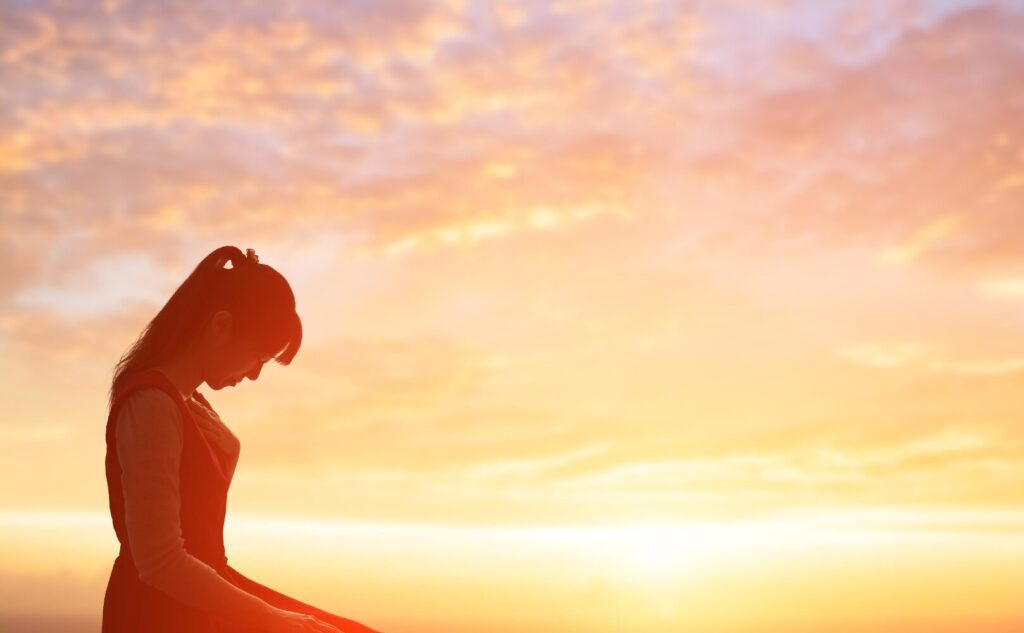
I’ve never belonged to a religion or engaged deeply with one. However, after losing my father, I felt an unmistakable presence of the soul and began to explore that unseen realm.
Through a spiritual encounter—communicating with him via my aunt—I started experiencing life through a lens of energy, the cosmos, and intangible meaning. I came to trust my intuition and the voice of my emotions over “correct” answers taught by others. That, I believe, was my own gateway to inner freedom.
Global Corporations Embracing Mindfulness

Mindfulness isn’t just personal—it’s corporate. Giants like Google, Apple, Intel, and Meta have integrated it into employee training and well-being programs.
At Google, the internal program “Search Inside Yourself” reports that 71% of participants became more efficient and 91% improved their leadership skills. Steve Jobs, Apple’s co-founder, also valued mindfulness for its role in enhancing creativity among engineers.
In Japan, companies such as Yahoo, Rakuten, LIFULL, and Nippon Life have begun introducing mindfulness. A 2022 survey revealed that 87% of participants in these programs wished to continue practicing mindfulness in the future. Despite meditation is sometimes seen as ‘mysterious’ or even ‘strange,’ studies affirm its benefits for focus, stress reduction, and mental clarity in modern professionals.
Getting Started with SBNR & Mindfulness: Tips for Beginners
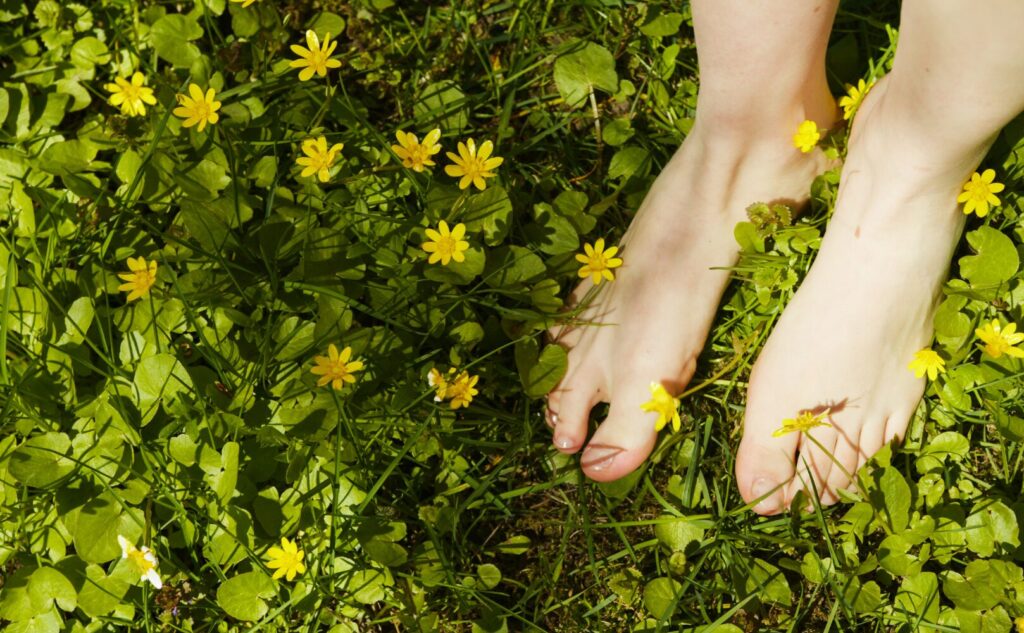
SBNR isn’t complicated. Try these simple practices:
- 5-minute morning meditation – Before checking your phone, open a window, breathe deeply, and be present. It can change your day’s tone.
- Connect with nature weekly – Spend time in parks, by the sea, or in the mountains. Focus on nature’s sounds, smells, and sensations.
- Mindful eating – Even for one meal, sit quietly without distractions and savor your food’s taste, aroma, and texture.
- Explore with curiosity – Read or attend workshops on Buddhism, yoga philosophy, Zen, etc., and adopt what resonates with you without labeling it “right.”
- Increase everyday awareness – Be mindful during mundane tasks like waiting for a train, brushing your teeth, or making tea—this is the essence of mindfulness.
These small shifts can improve peace of mind, concentration, and reduce stress.
Conclusion: Feel, Don’t Just Believe
As the Age of Air continues to unfold, our journey isn’t about finding the “right belief,” but honoring what you feel. Practices like mindfulness and SBNR can guide you there. The key is:
- Not forcing belief, but tuning into what feels genuinely comforting and authentic
- Carving out moments of presence and self-reflection
- Noticing gratitude in small, everyday experiences—even a soft breeze can anchor you to your inner self
Spirituality does not have to be intimidating—it’s about discovering what aligns with your heart. The spirit of this era invites you to live freely, embracing belief by choice, not by obligation. SBNR can offer the mental freedom suited to the Age of Air—perhaps now’s the perfect time to explore it gently through daily, mindful practice.
Live light, live free, live deeply—and may you discover your own way of being in this Age of Air.

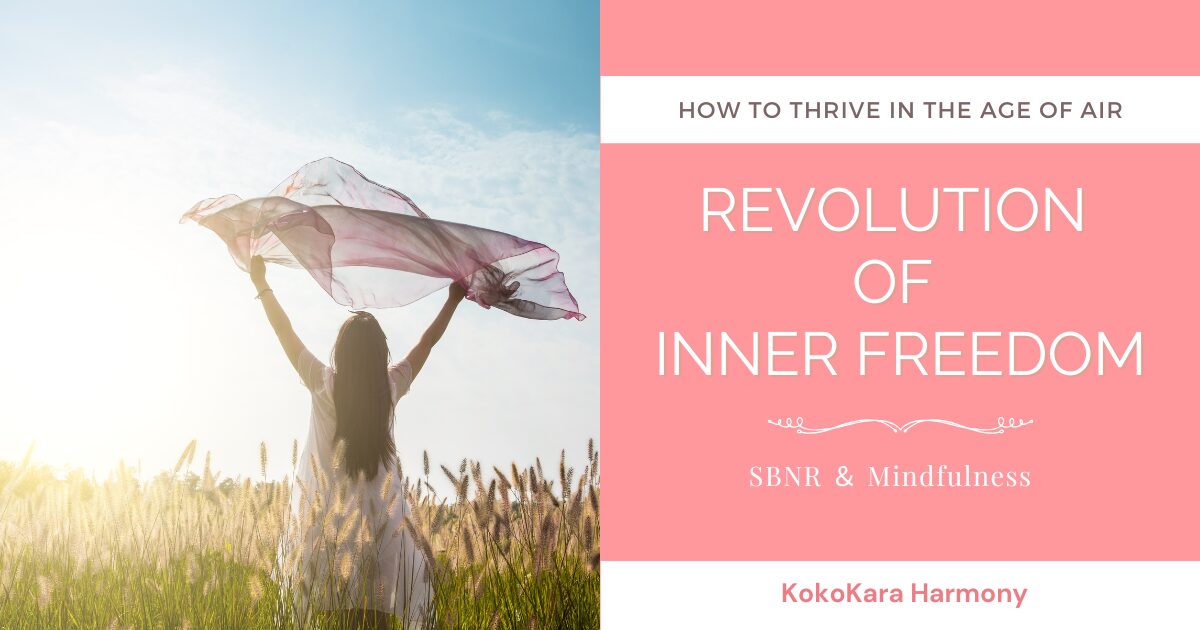



Comments